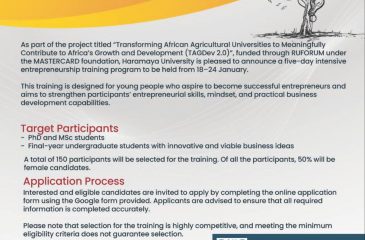Haramaya University’s RAISE-FS Project Conducts Field Demonstrations
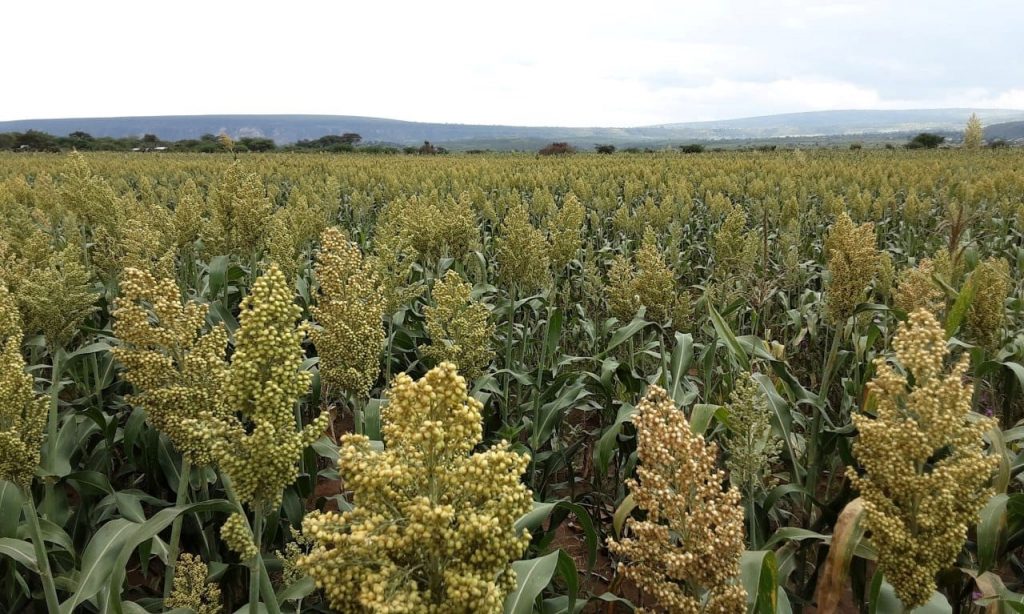
Haramaya University’s RAISE-FS (Resilient Agriculture for Inclusive and Sustainable Ethiopian Food Systems) project successfully conducted field demonstrations in Babile and Kersa districts of East Hararghe Zone on October 14-15, 2024.
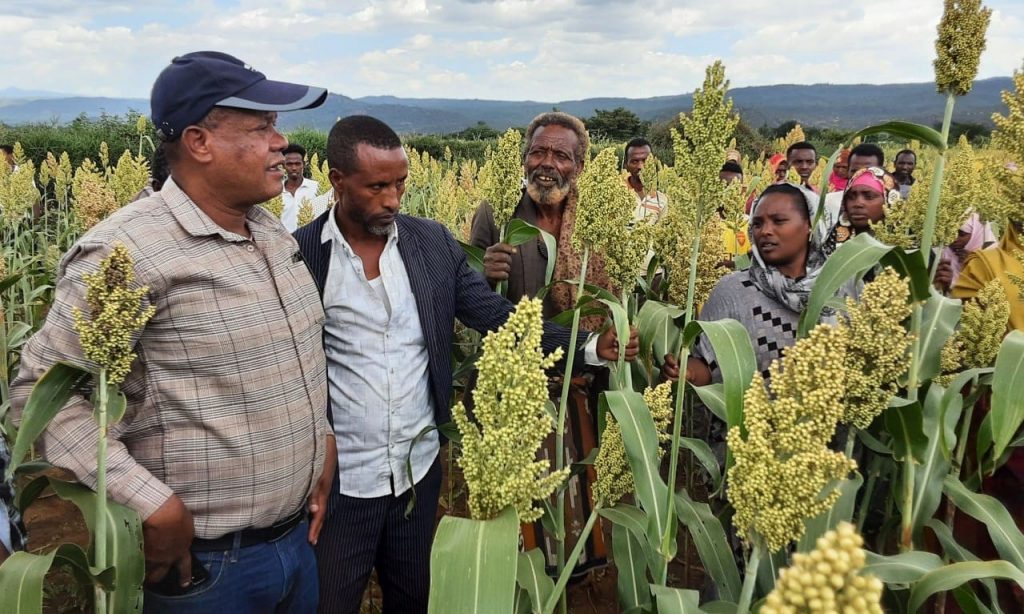
Participants, including farmers, agricultural experts, and development agents, observed sorghum and common bean intercropping practices on local farms.
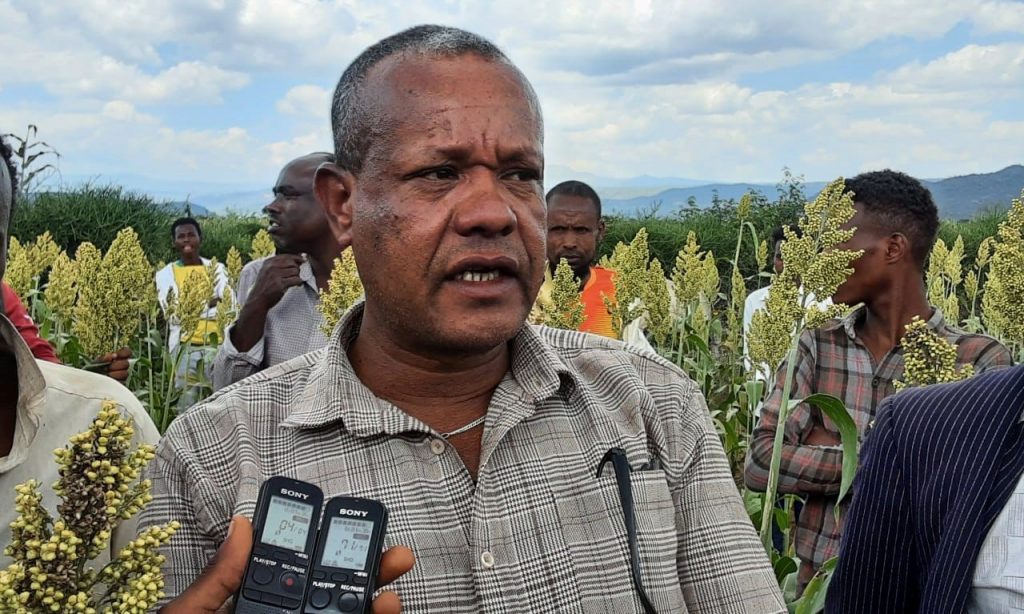
Dr. Bulti Tesso, RAISE-FS coordinator for East Hararghe Zone and a staff member of Haramaya University, highlighted the project’s objective of transforming the Ethiopian food system through evidence-based agricultural practices. RAISE-FS focuses on enhancing productivity, value chains, and nutritional outcomes while addressing environmental and social concerns.
The project prioritizes commodities such as poultry, legumes, spices, oilseeds, potatoes, and vegetables, aiming to boost exports, substitute imports, improve food systems, ensure climate resilience, support smallholder farmers, and empower youth and women economically.
RAISE-FS introduces innovative products, services, technologies, business models, and service delivery models to Ethiopia. The project directly benefits smallholder farmers, women, and youth.
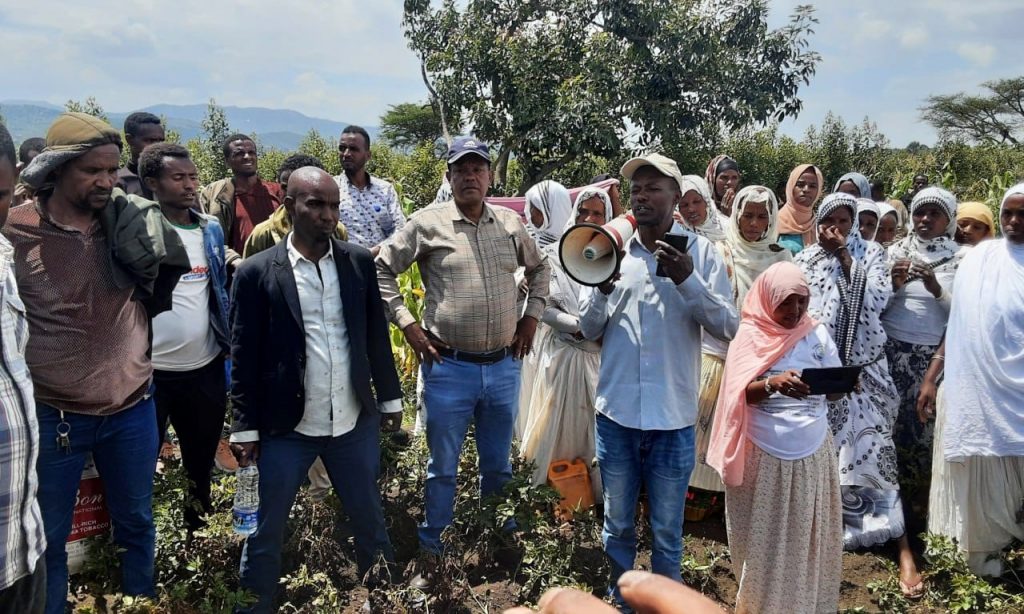
Dr. Bulti emphasized the project’s focus on distributing agricultural technologies that are resilient to diseases, drought, and produce high yields within three months. These technologies offer affordable food options for farmers.
He called upon government offices and stakeholders at all levels to support food security by widely adopting and sharing the project’s experiences.
The RAISE-FS project is working with numerous model farmers in East Hararghe Zone to sow high-yielding, drought- and disease-resistant seeds. These farmers are then spreading this knowledge to other farmers in their communities, promoting food security and improved agricultural practices.
Dr. Bulti encouraged all remaining farmers and stakeholders to adopt and utilize the innovative agricultural production practices promoted by the RAISE-FS project.
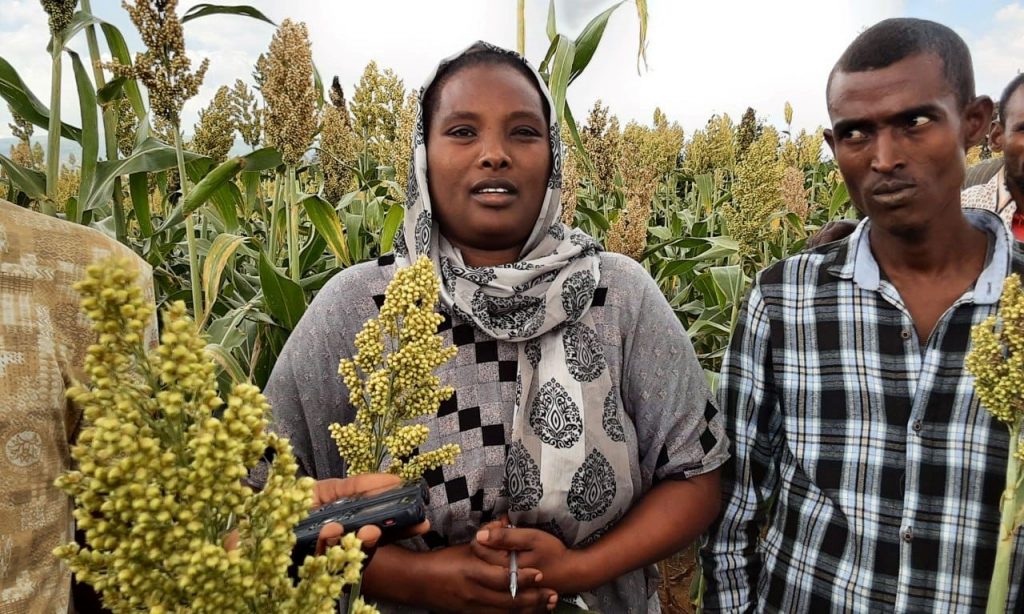
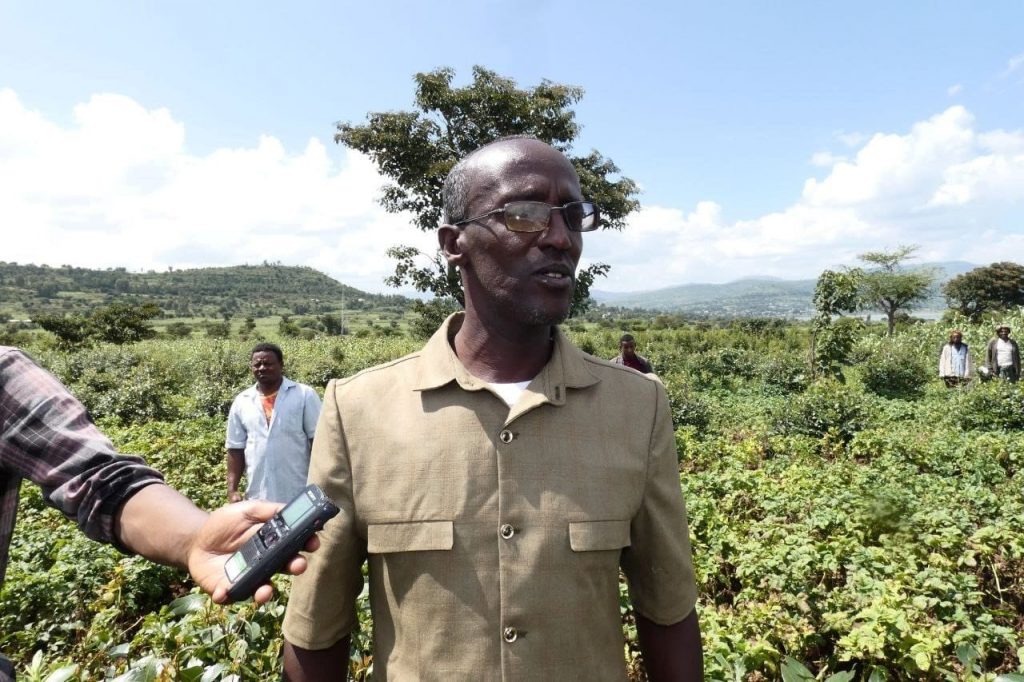
Mrs. Asnaku Hayile and Mr. Fuad Mohammed, Deputy Administrators of Babile and Kersa areas, respectively, and heads of agriculture offices from Haramaya University and the RAISE-FS project, expressed their gratitude for the professional support provided to farmers. They acknowledged the project’s significant contribution to increasing agricultural production and ensuring food security.
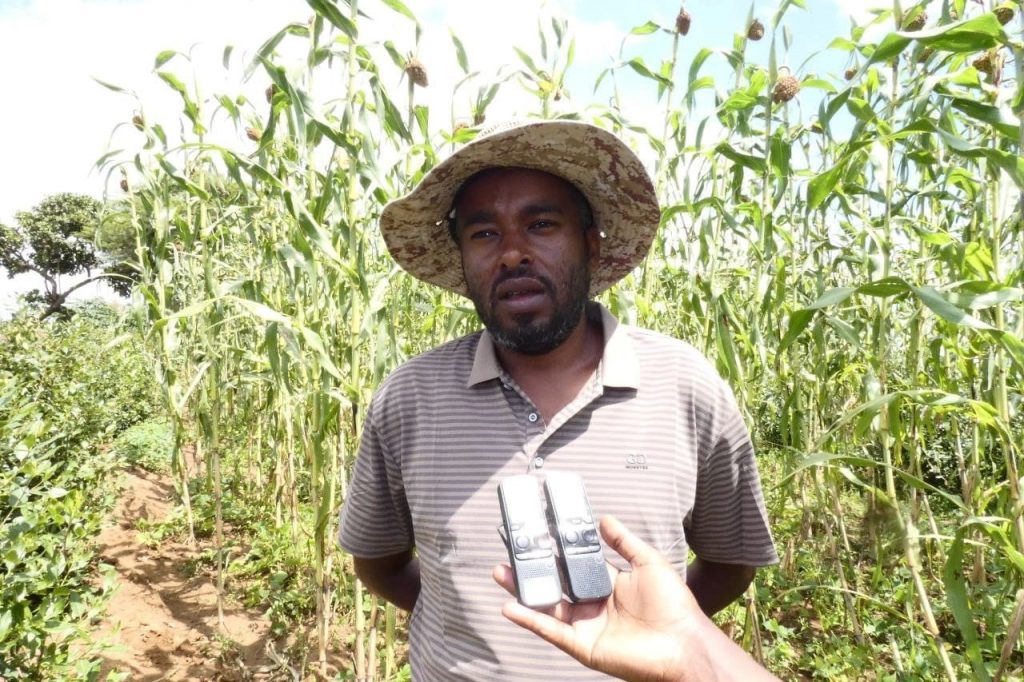
Mr. Fuad Abdusalam, a Lecturer at Haramaya University and the project’s cereal crop expert, highlighted the benefits of the climate-resistant agricultural technology being implemented. This technology improves both production and disease prevention, contributing to food security and increased productivity.
Following field visits, discussions were held on the efforts and achievements of the University and the project. The success of this pilot program has led to hopes of expanding the project to benefit more farmers.
Project beneficiaries shared their positive experiences, stating that they have significantly increased their crop yields (two to three times) compared to previous years by adopting the improved seeds and practices provided by RAISE-FS.
Reporter: Shemsedin Mohammed
Photographer: Tewodros Lishan
Haramaya University Public and International Relations Directorate

